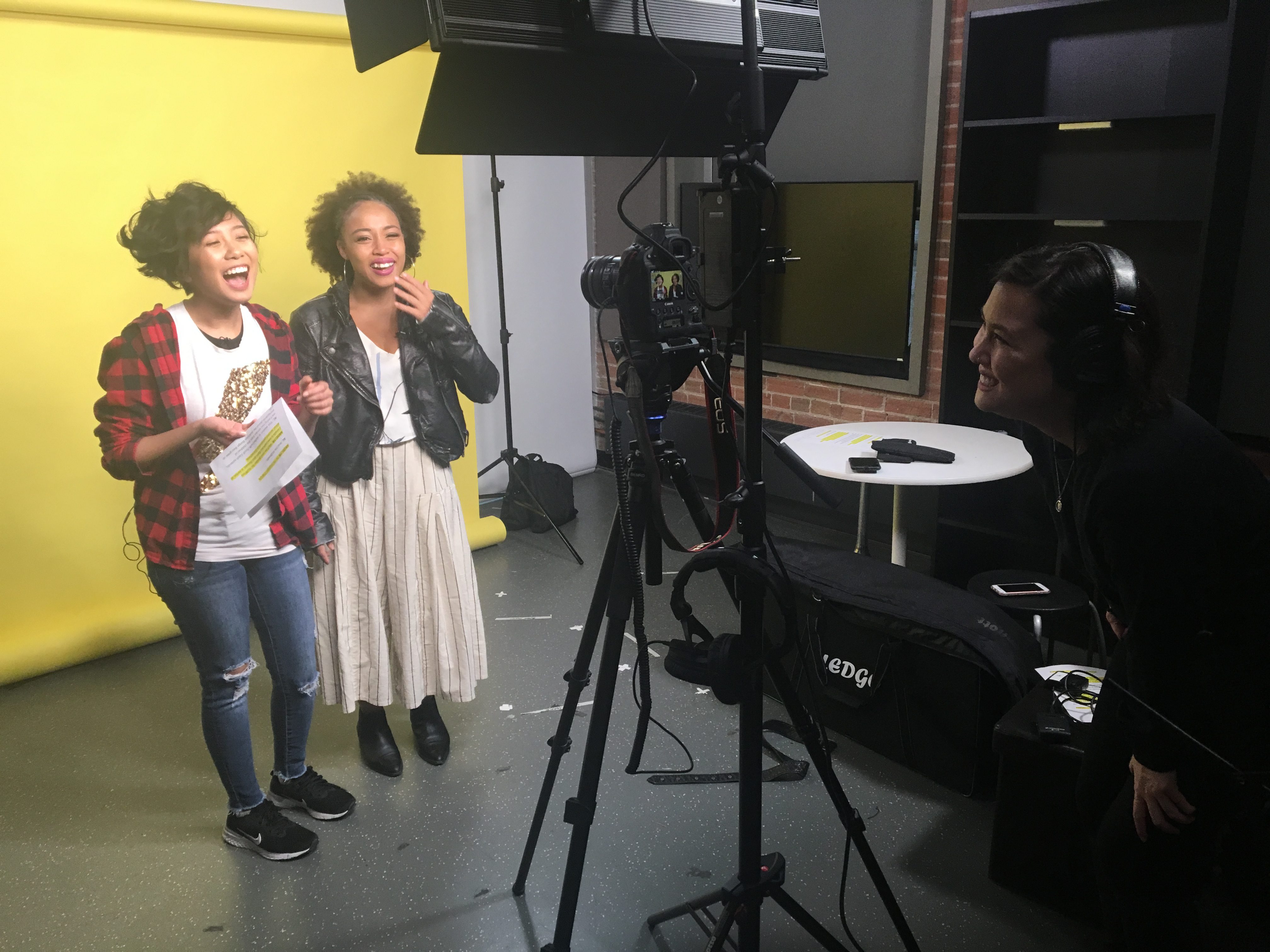Canadians have a clear appetite for podcasts, and the hunger hasn’t been dying down. According to The Canadian Podcast Listener, a study conducted by Ulster Media and Audience Insights with support from the Globe and Mail, over 10 million Canadian adults, which is 36 percent of the 18+ population, have listened to podcasts in the past year since May 2018.
In 2017, Toronto writer Lorraine Chuen looked at recipes from The New York Times cooking page and found through the database that most cultural recipes were written by white chefs or authors. For instance, 90 percent of the authors under the Chinese and Indian recipe filters were white, with African cuisine (84 percent white authors) being treated as a monolith instead of Asian cuisines, which are broken down more specifically. The data was subjective, as Chuen manually searched and entered the data on her own for the Intersectional Analyst, a data researching project she co- created. The findings are still subject to error because of this, but as Chuen said in an email, “The fact that this was one of the only options points to the lack of survey data on diversity of journalists/writers.” These are just some examples found in Chuen’s study, but data like this should get the consumers of this content wondering who is writing about food and if there should be an authority on it, especially when it comes to cultural food.
Life and social media editor at Now Toronto and former food writer at The Georgia Straight Michelle da Silva says while there are no rules to becoming a food critic or writing about food, the internet has changed the accessibility of the craft and everyone is now able have their own food blogs or Instagram accounts. Podcasts are just another facet of the shifting landscape.
“There’s been this proliferation of food blogging where a lot of people who enjoy food or want to learn about food and they enjoy going to restaurants and taking photos, they start their own food blogs and they have food Instagram pages,” she says.
The worlds of podcasting and food writing were bound to intersect—Eat North’s “More Than Maple Syrup” and Canadaland’s “Taste Buds” are just a few Canadian examples. The first season of HuffPost Canada’s podcast “Born and Raised” debuted on Nov. 18, 2018 and concluded on Dec. 9, 2018. The season consisted of five episodes and explored Canadian second–generation immigrants and their relationship to the cultural foods that shaped their connections to their roots. The podcast shares a name with the HuffPost video and blog series and is hosted by Ryerson Journalism graduates Angelyn Francis and Al Donato. Donato is a co-producer along with Stephanie Werner, also a Ryerson Journalism grad.
“It’s really more focused on storytelling than it is on education,” says Werner. Donato and Werner reiterate that “Born and Raised” is not an authority on food, nor does it strive to review or critique it. Instead, it’s a space for second-generation immigrants—who don’t often get to hear their own stories reflected back at them—to tell the stories about their culture.
Donato, who uses they/them pronouns, adds that guests on the podcast explain the historical context around each dish mentioned. “Often times, they’d be super personal, added with the context of history or family or the background about the dish itself,” they say. “So, it ends up being sort of educational, but it’s not the main goal.” Some anecdotes involving the intersections of food and heritage include a guest whose grandmother continued to cook a Sri Lankan dish called kutta sambol even as she grew sick, and another guest who refused to eat biryani, an Indian rice dish, unless it was homemade.
Chuen’s study only looked at one publication and focused on written recipes, though there are people who are beginning to question if one or a few food critics should be responsible for bringing the news on the newest hole-in-the-wall restaurants, especially ones that serve cultural cuisine.
Da Silva says it’s still possible to write about food from a culture the writer is not a part of themselves, but it needs to be approached in a specific way. “I feel it’s unfair to say, ‘you’re not allowed to write about this’, but I think you need to check your privileges and your blind spots to go, ‘OK, what might I not know about this that I should be sensitive about?’” She also says consulting other writers from the culture being written about to read over the piece before it goes out to ensure those blind spots don’t exist.
“I think it boils down to coming from a place of good intent, and if are they also asking the right questions,” Donato says. They also add that “Born and Raised” didn’t want to “tokenize anyone and make anyone the spokesperson.”
Podcasting is often regarded as a more intimate and personal form of storytelling in journalism. The Canadian Podcast Listener study from 2017 found that the top three reasons people wanted to listen to podcasts were to be entertained, to hear interesting stories, and to learn something new. Though it may not replace traditional written reviews or pieces about food, perhaps it can offer something different: a laid-back, personal approach to food stories.
“Food is our entryway into this world, but at the end of the day our stories are really more about the people,” Werner says. Though not claiming to be any sort of authority on food, she says “Born and Raised” offers relatable, anecdotal stories about culture and food, if that’s what the listener is looking for. “If you want the end all be all, top biriyani in the world, you’re not going to find it here. But if you want one person’s story about the way their mom cooked it in a special way…that’s what we’ve got.”
About the author
Eye on Diversity Reporter and copy editor. She/her. Twitter: @jord_currie
